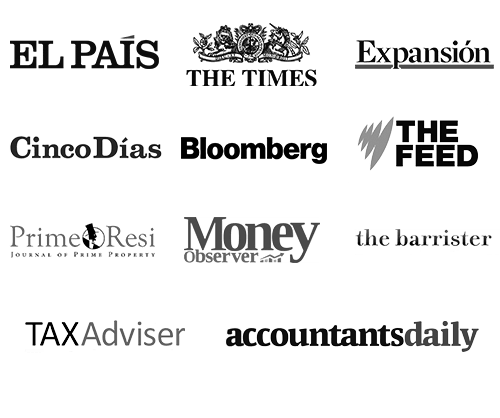The Spanish Administration is famous for the excessive formalities and its red tape. One of those famous formalities is coming soon and it comes in the form of, surprise, surprise: a new tax return! The form 232 Declaration.
The new tax return will report on all the company transactions with related parties; including those with countries and territories included in the “infamous” black list of tax havens. A peculiar spanish list which does not comply with the OECD list of non cooperative jurisdictions.
Order HFP/816/2017 of 28th August 2017 introduced Form 232 to be submitted yearly..
And Remember!! The current Coronavirus situation in Spain does not prevent you from submitting your taxes. So watch out for your tax deadlines.
This form must be submitted:
- When the group operations in the same tax period exceed €250,000.
- When payments received for certain transactions in the same tax period exceed €100,000. The list of transaction is included in article 18.3 of the Corporate Tax Law (e.g properties, intangible, transfer of business operations, etc)
- When the operations in the tax year with the related party company exceeds the 50% of the net volume of business (Article 42 Commercial Code).
This last point is the most controversial as this relates to transactions that might have occurred in the same tax year between shareholders and the company, as well as between a company and a group of companies without these operations exceeding the amounts detailed in the points 1 and 2 that were mentioned above.
Finally, it is important to emphasise that albeit it is not mandatory to submit this declaration for individual taxpayers, the company is obliged to submit this declaration if the transactions and operations with an individual person exceed the limits aforementioned.
Penalty System
In accordance with the article 198.1 of the Spanish General Tax Law, the penalties might reach a maximum of €20,000 for not informing either not submitting this Form 232.
The penalties initially consist of €20 for every data or set of data referring to the same person or entity with a minimum of €300 and a maximum of €20,000. These amounts can be half reduced if these are submitted on time-barred prior to the Tax Office having detected the obligation and communicated this obligation to the taxpayer.
Conclusion
- It is another informative form for the Taxpayers as others that already imposed abusive sanctions as the form 720 that are disproportionate and which Spain has already been condemned by the European Court of Justice.
- These forms do not consist in the payment of taxes but any oversight submitting this declaration may cause penalties to the taxpayers and certainly be unpleasant.
- The Spanish Tax Office has more control on the transfer pricing transactions with related parties that obliges the taxpayers to control the market value of these transactions in accordance with the Corporate Tax Law article 18.
- It brings more formalities and red tape to the taxpayers.
Generally, we could say that not submitting this Form in the following days may be a point, a set and a winning match for the Spanish Tax Office.
By Jaime López Rioboo, Spanish tax advisor. Of counsel at Del Canto Chambers





